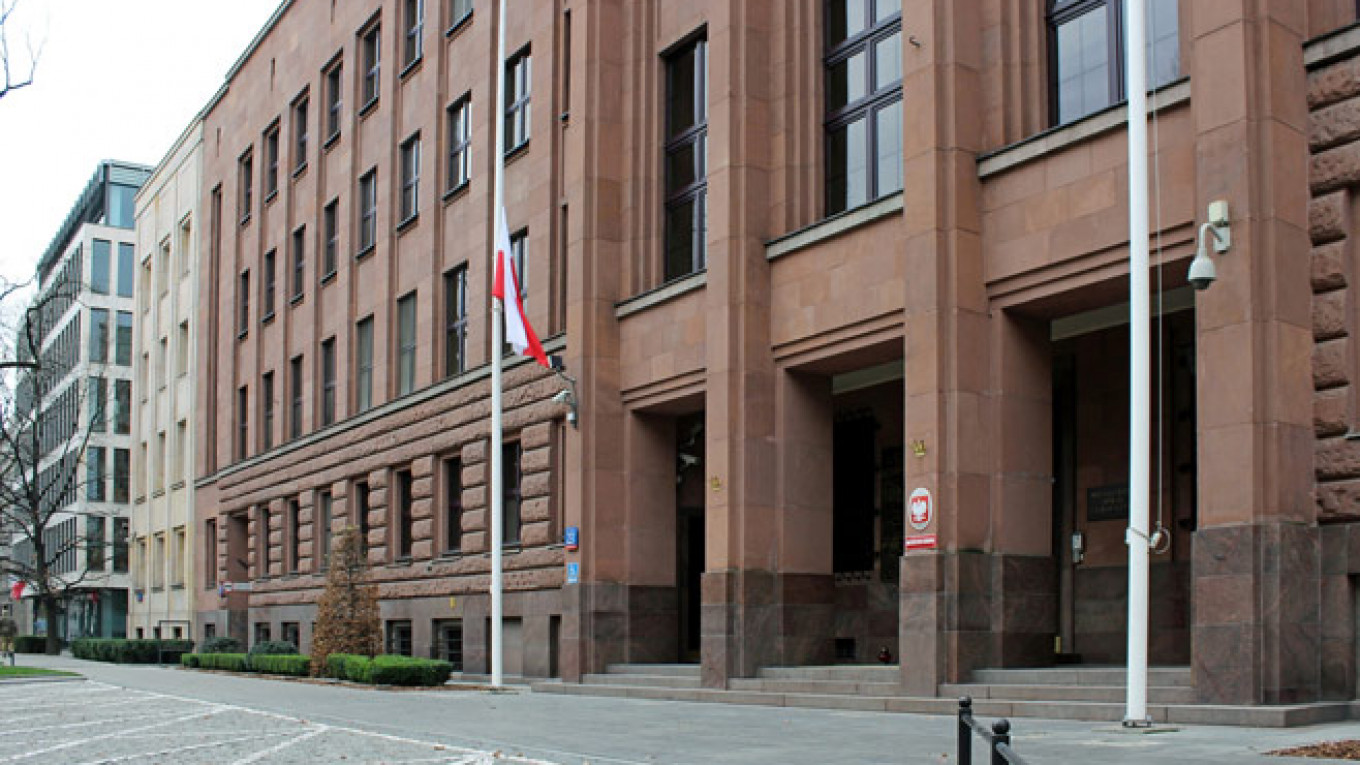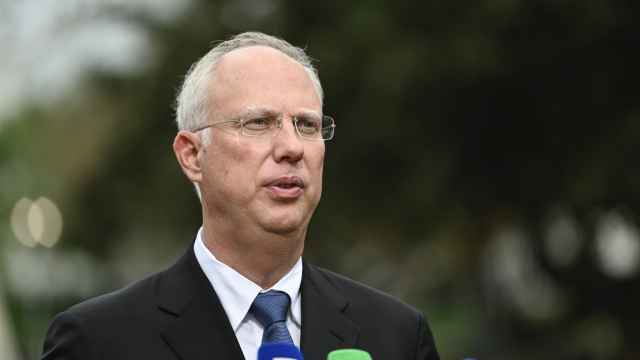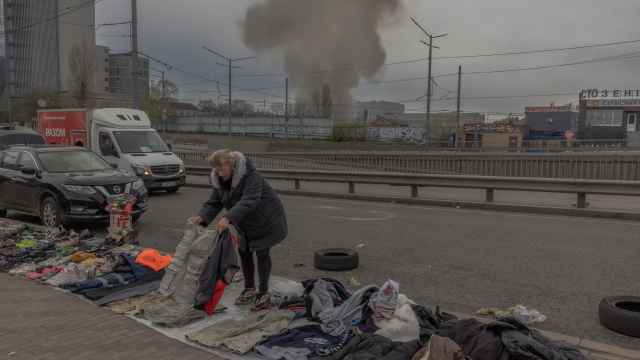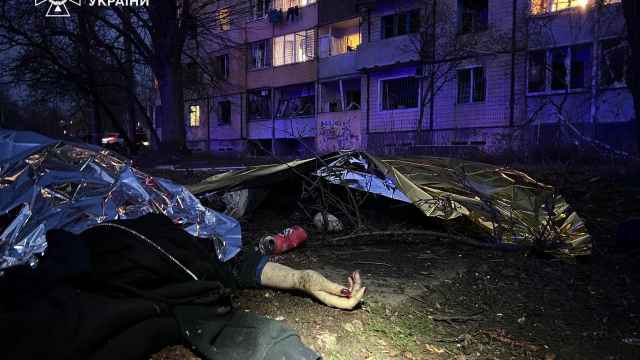WARSAW — Poland said on Saturday it would summon Russia's envoy after he said Warsaw was partly to blame for the outbreak of World War II, continuing a spat which has seen the Polish ambassador in Moscow summoned twice in just over a week.
Relations between the two countries have been extremely fragile due to Russia's support for separatists fighting in eastern Ukraine. Warsaw has been one of the most vocal critics of Russia's actions — which Moscow denies — and a strong proponent of upholding economic sanctions against it.
In an interview aired by private broadcaster TVN24 on Friday evening, Russian ambassador to Poland Sergei Andreyev said Poland was partly responsible for Nazi Germany invading in 1939 because it had repeatedly blocked the formation of a coalition against Berlin in the run-up to the conflict.
Andreyev also said Polish-Russian relations were currently at their worst since 1945 because Poland had chosen to freeze political and cultural contacts.
"The Russian ambassador will be summoned to the Foreign Ministry on Monday so that this issue is clarified to him by a Foreign Ministry representative" Schetyna told reporters.
Earlier on Saturday, the Polish Foreign Ministry issued a statement expressing "surprise and concern" over Andreyev's remarks.
"The narrative presented by the highest official representative of the Russian state in Poland undermines historical truth and refers to the most mendacious interpretation of events, familiar from Stalinist and Communist times," it said.
Soviet Graves
Hours before the interview with Andreyev was aired, Moscow had summoned Poland's ambassador to Russia, Katarzyna Pelczynska-Nalecz after gravestones were vandalized in a Soviet cemetery in a Polish town 20 kilometers from the Belarusian border.
Fifty-seven graves were discovered vandalized on Wednesday at a cemetery in Milejczyce in northeastern Poland where 1,615 Russian soldiers are buried.
The Polish Foreign Ministry condemned the incident on Friday, and police and a government council are investigating.
A Reuters cameraman at the cemetery on Saturday said most of the graves, each containing several dozen soldiers, had been damaged, with shattered red stone Soviet stars and wreaths with Polish writing on them scattered across the ground.
A number of Poles had come to the graveyard to clear up, including one 60-year-old man who gave his name as Wlodzimierz.
"These young boys were fighting not for their homeland, they were fighting for Poland, they were freeing this place, and they died here in this region. And now to come and do something like this? I've been coming here for two days, and when I look at it I'm shaking," Wlodzimierz said.
A week before the incident at the graveyard a Soviet-era statue was removed in another Polish town, which also led to the Polish ambassador being summoned by Russia's Foreign Ministry.
"One gets the impression that the desecration of our memorial places has been raised in Poland to the rank of a state policy," the Russian ministry said in a statement demanding exhaustive measures to find and bring the vandals to justice.
A Message from The Moscow Times:
Dear readers,
We are facing unprecedented challenges. Russia's Prosecutor General's Office has designated The Moscow Times as an "undesirable" organization, criminalizing our work and putting our staff at risk of prosecution. This follows our earlier unjust labeling as a "foreign agent."
These actions are direct attempts to silence independent journalism in Russia. The authorities claim our work "discredits the decisions of the Russian leadership." We see things differently: we strive to provide accurate, unbiased reporting on Russia.
We, the journalists of The Moscow Times, refuse to be silenced. But to continue our work, we need your help.
Your support, no matter how small, makes a world of difference. If you can, please support us monthly starting from just $2. It's quick to set up, and every contribution makes a significant impact.
By supporting The Moscow Times, you're defending open, independent journalism in the face of repression. Thank you for standing with us.
Remind me later.






